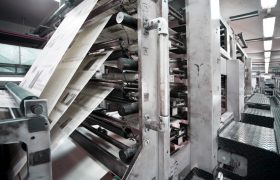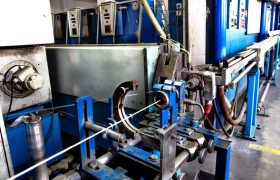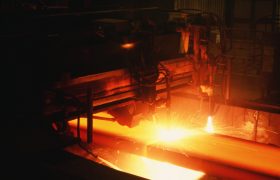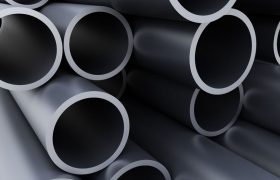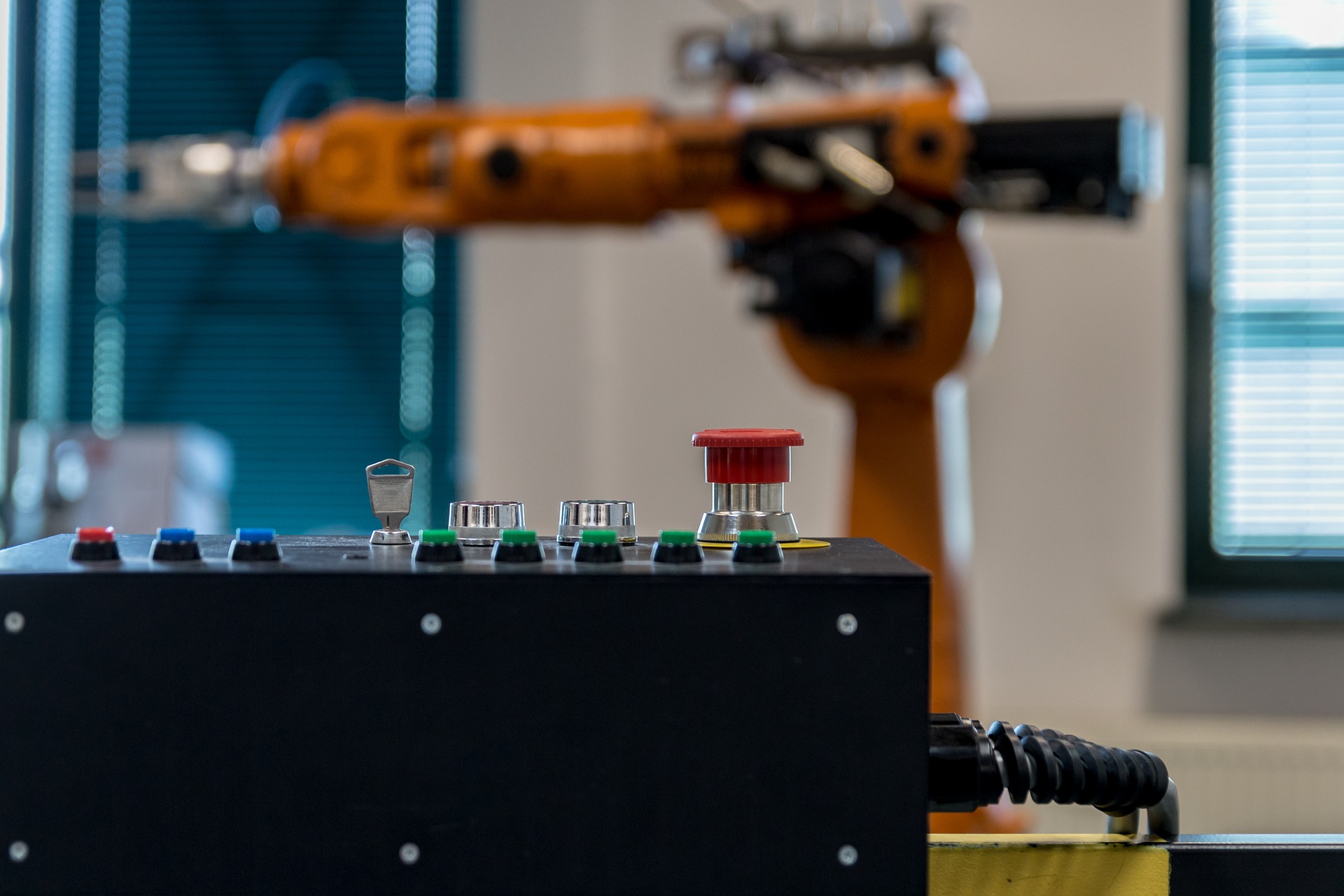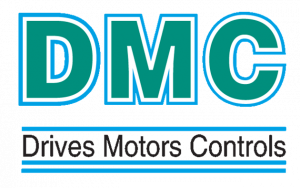The Various Industries That We Handle In System Design:
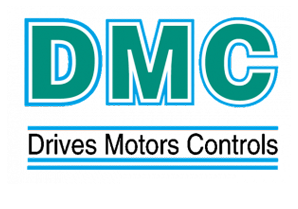

- Home
- About Us
- Products
- Products
- Yaskawa
- Yaskawa
- AC Drives
- Servo Drives
- Vipa PLC
- Parker
- Parker
- DC Drives
- AC Drives
- Accessories
- WEG
- WEG
- WEG LV & MV Electric Motor
- WEG Gearbox & Geared motor
- WEG Gearbox & Geared motor
- MAS Geared Motor
- WG20 Geared Motor
- Pora
- T-T Electric
- Engineering Services
- Engineering Services
- System Design
- Integration Services & Panel Integration
- Maintenance & Repair
- Project Management
- Training
- Success Stories
- Career
- Contact Us
